Maintaining a healthy heart is a key factor in living a healthy Paleo lifestyle. Here are seven Paleo foods that naturally help fight high blood pressure.
Blood pressure is the main ingredient for pushing oxygen, nutrients, blood cells, and other vital chemicals throughout your body. (1) It is a force or pressure exerted against blood vessel walls that pushes your blood through your circulatory system with each heartbeat.
Hypertension, or high blood pressure, is a strikingly common disease in the United States. (2) The most common symptoms are none at all. (3) Being aware of your blood pressure will help you prevent developing high blood pressure which can damage your arteries. When the force of your blood rises, think of it like putting extra air into a balloon: the walls get stretched and damage may result.
Are you struggling with a Thyroid condition? We’ve created a FREE guide that shows you how you can heal your thyroid.
Click here to get your FREE copy of our Thyroid Guide!
Not only is your blood responsible for parading nutrients, oxygen, etc. around, it is also takes the reins when it comes to taking out the trash, or picking up toxic waste products in the blood. When damage extends to the blood vessels in your kidneys, they begin to lose their ability to remove waste and extra fluids from the body completely, which is bad news. (4) The good news is that high blood pressure can be easily detected, and is typically manageable. [tweet_quote] A long-term reduction in your salt consumption can help lower your blood pressure, i.e., cutting back on anything packaged or canned, deli meats and condiments. [/tweet_quote]
Excess salt is the culprit behind damaging the kidney’s ability to remove enough fluid which diminishes its capacity to eliminate waste. (5) Toxins in the body disrupt your body’s neurological communication, which affects your cognition and is associated with dementia and Alzheimer’s disease. (6)
A healthy diet is going to be your best friend when it comes to lowering high blood pressure and avoiding the hardening of your arteries. (7) Lower risk for heart disease and high blood pressure is associated with higher fiber, potassium, vegetable protein, magnesium, and iron intake; as well as lower intakes of processed meats, high-fat dairy and sugar-sweetened drinks. (8) A long-term reduction in your salt consumption can also help you lower your blood pressure, i.e., cutting back on anything packaged or canned, deli meats and condiments. (9)
Knowing what to eat to lower your blood pressure is your first step towards a healthy diet. Fundamental nutrients for blood pressure regulation include potassium and magnesium. (10)
Here are 7 Paleo foods that make excellent food choices when maintaining healthy blood pressure is your goal:
Bananas
Bananas are high in potassium, which reduces the effect of salt on your body. Eating bananas can also help you prevent muscle cramps since potassium is a main electrolyte driving your muscle and nerve function, including your heartbeat. Bananas aren’t just for monkeys; it was found that two bananas a day can help you control your blood pressure.
Kale
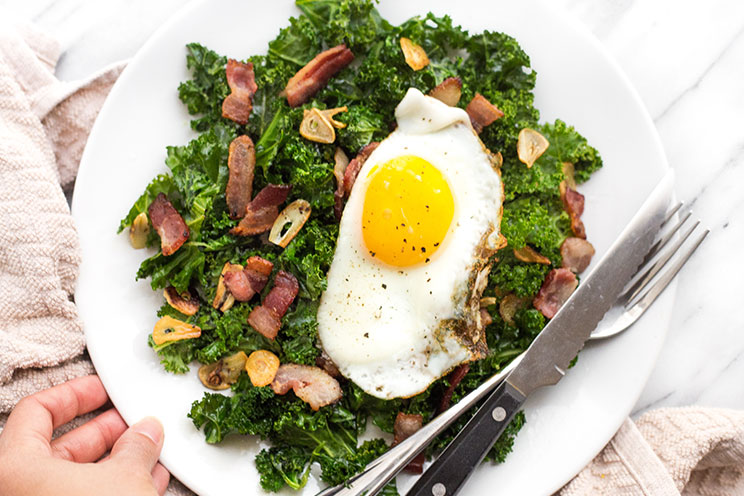
This tall, dark and fibrous vegetable has made its way to mainstream dinner plates over the past few years. Get this leafy green into your diet to get a boost in fiber, magnesium, potassium, and vitamins K and E. Just a cup of kale a day supplements 9% of both the potassium and calcium and 6% of the magnesium your body needs.
Your body uses vitamin K to keep your artery walls soft and flexible. It is responsible for diverting calcium away from your arteries and into your bones to prevent artery stiffness.
Kale is packed with fiber, an important element not only for digestion, but also for keeping your blood pressure under control. Alpha-linolenic acid, also found in kale, has been found to be a great protectant against high blood pressure, as well.
Beets
Add beets to your diet not only for the extra vibrancy, but also because they are filled with nitrates to help lower blood pressure. Beetroots contain nitrates which get absorbed and changed into nitric oxide, an important chemical that helps dilate your blood vessels and decreases inflammation in the body. You may be worrying about the safety of nitrates, but worry no further. Most of the nitrates you will consume are naturally occurring and are essential to healthy bodily function.
Sweet potato
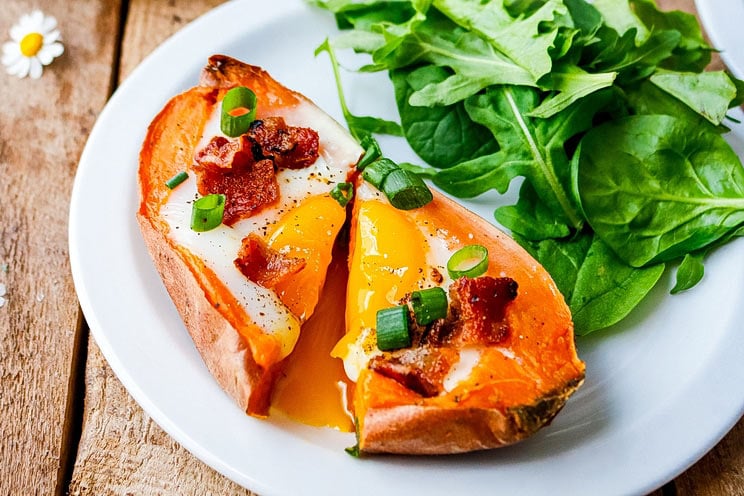
Get more sweet potatoes into your diet, and your digestive system will thank you. Because sweet potatoes are high in fiber, they do a great job helping your body absorb other nutrients. They also make digestion easier on your organs by speeding up the process.
Sweet potatoes are also high in magnesium and potassium. Magnesium intake is known as an effective mediator for high blood pressure; it also causes nitric oxide to release. The orange-colored vegetable gets its color from its abundance of beta-carotene – an antioxidant that helps to reduce inflammation, cell damage and oxidation to prevent aging.
Mangoes
Mangoes are often called the “King of Fruits” originating from southern Asia, specifically eastern India. The Buddha was known to spend a lot of time in mango groves and mangoes are seen to symbolize life throughout Indian mythology.
Mangoes are rich in magnesium, potassium, fiber, vitamins A and E and selenium. Your body can’t produce selenium on its own, so you must get it from your diet in order to reap its benefits, including improving blood flow and your body’s antioxidant capabilities.
Pineapple

Pineapples are the only known natural source for bromelain, a cocktail of protein-digesting enzymes. Though too much bromelain can be harmful for those with significantly high blood pressure, it can be very helpful for those with osteoarthritis by providing joint inflammation relief. It also benefits heart health by preventing blood from clotting.
One cup of fresh pineapple will supply you with 131% of your daily vitamin C needs. Vitamin C is a powerful antioxidant with the ability to keep your skin healthy, as well as lower blood pressure. Pineapples also contain potassium and magnesium.
Sunflower Seeds
Sunflower seeds are actually the fruit of the sunflower plant. The Aztecs and Incas worshipped the sunflower, believing that it symbolized the sun god. This fruit is an outstanding source of potassium, magnesium and vitamin E.
Vitamin E is a significant player in preventing cholesterol oxidation. When cholesterol is oxidized, it can stick to the walls of your blood vessels, leading to plaque buildup and high blood pressure.
Remember to try and stick to whole fruits and veggies. Often times important fibers have been removed during the juice-making process. Other complementary options to your diet to lower blood pressure include:
- Alternating your days of excess consumption
- Keeping a food diary
- Reading food labels
- Making gradual changes to your habits
(Read This Next: The Easy Salt Guide)


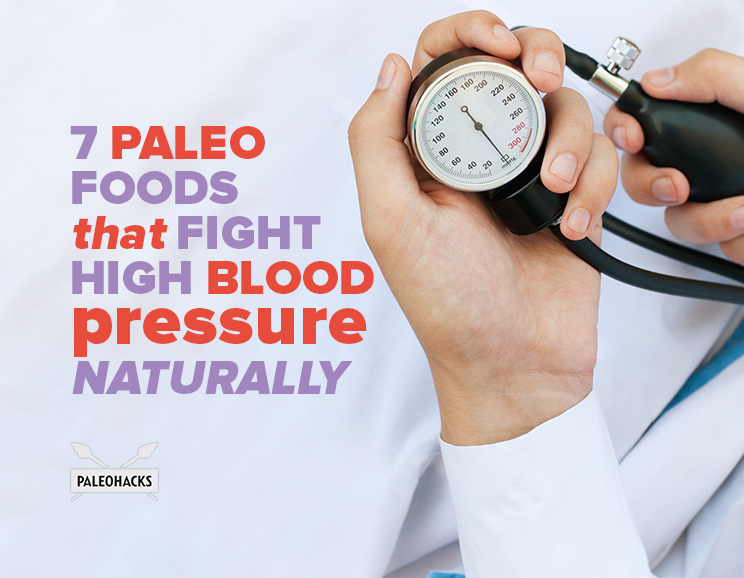
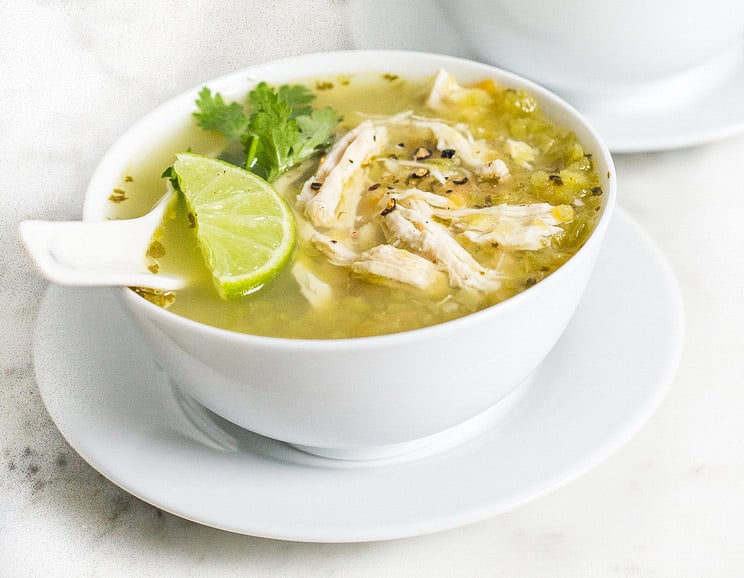 Zesty Chicken Chile Verde Soup
Zesty Chicken Chile Verde Soup
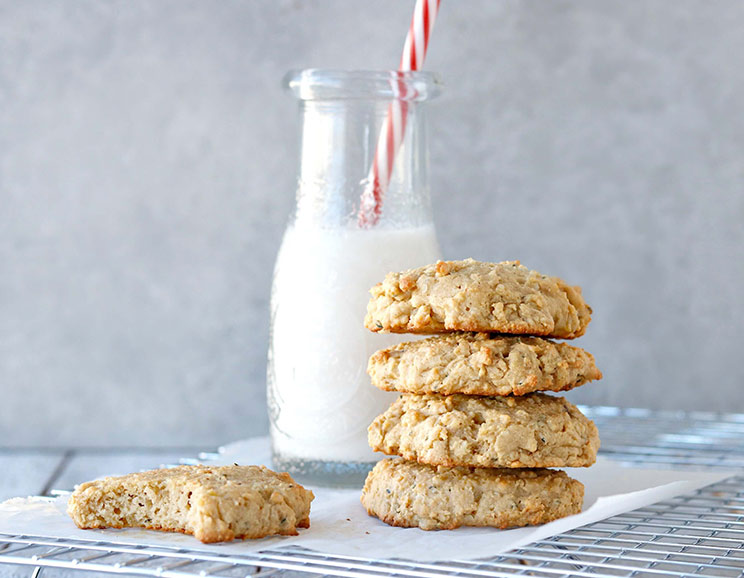

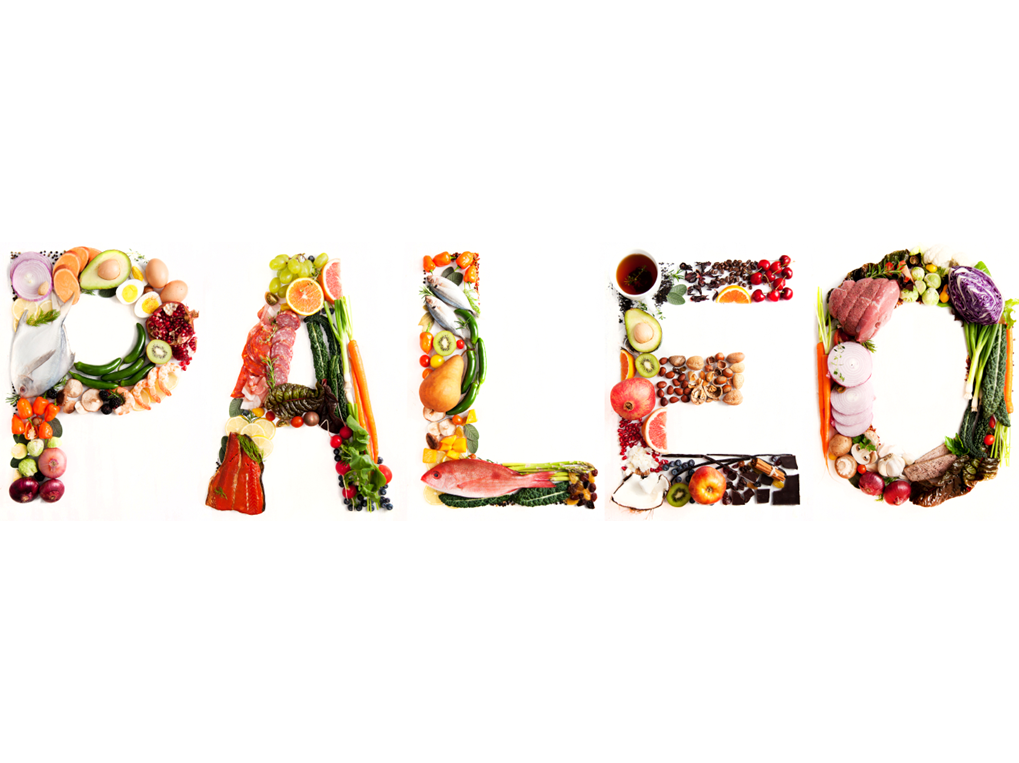
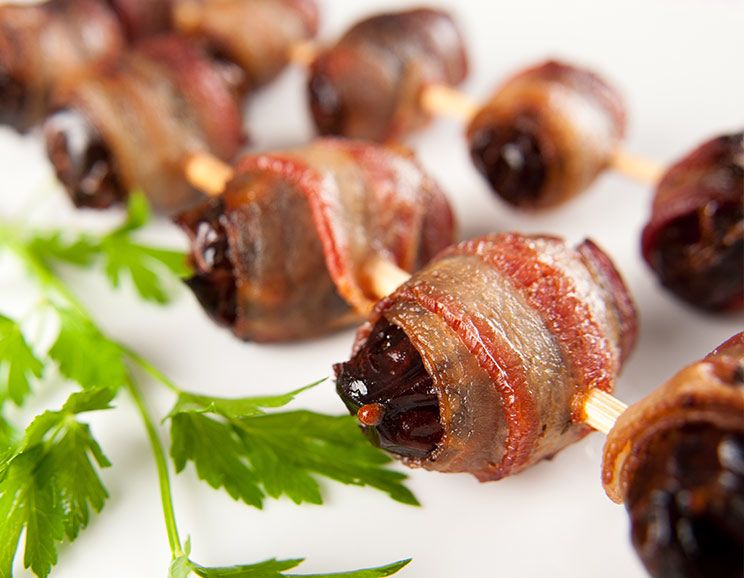
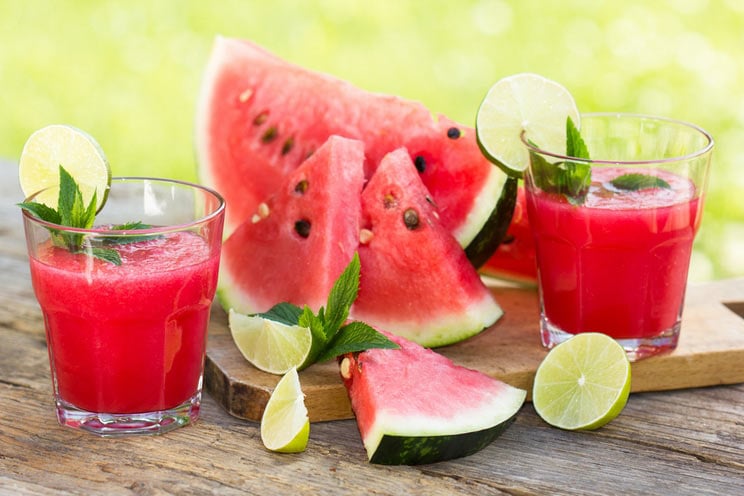
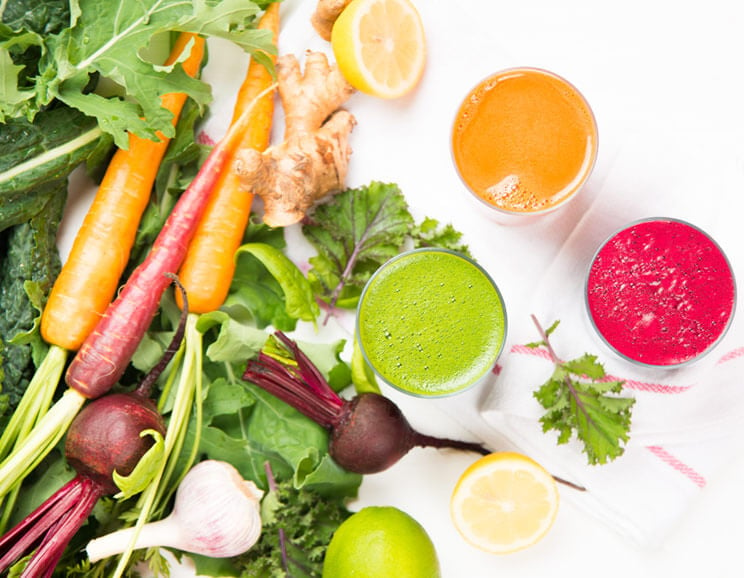


Show Comments